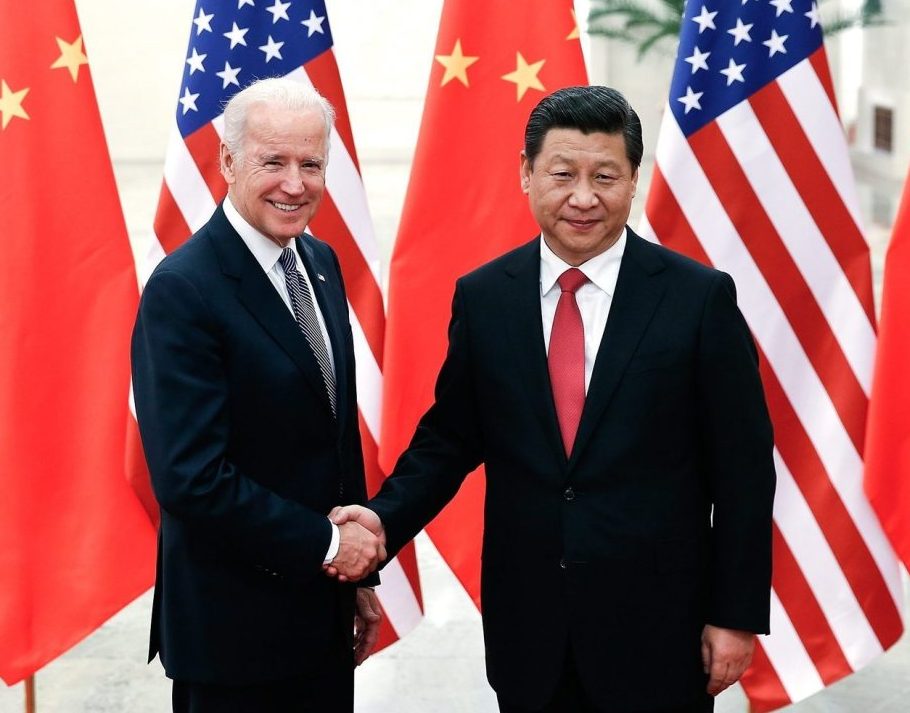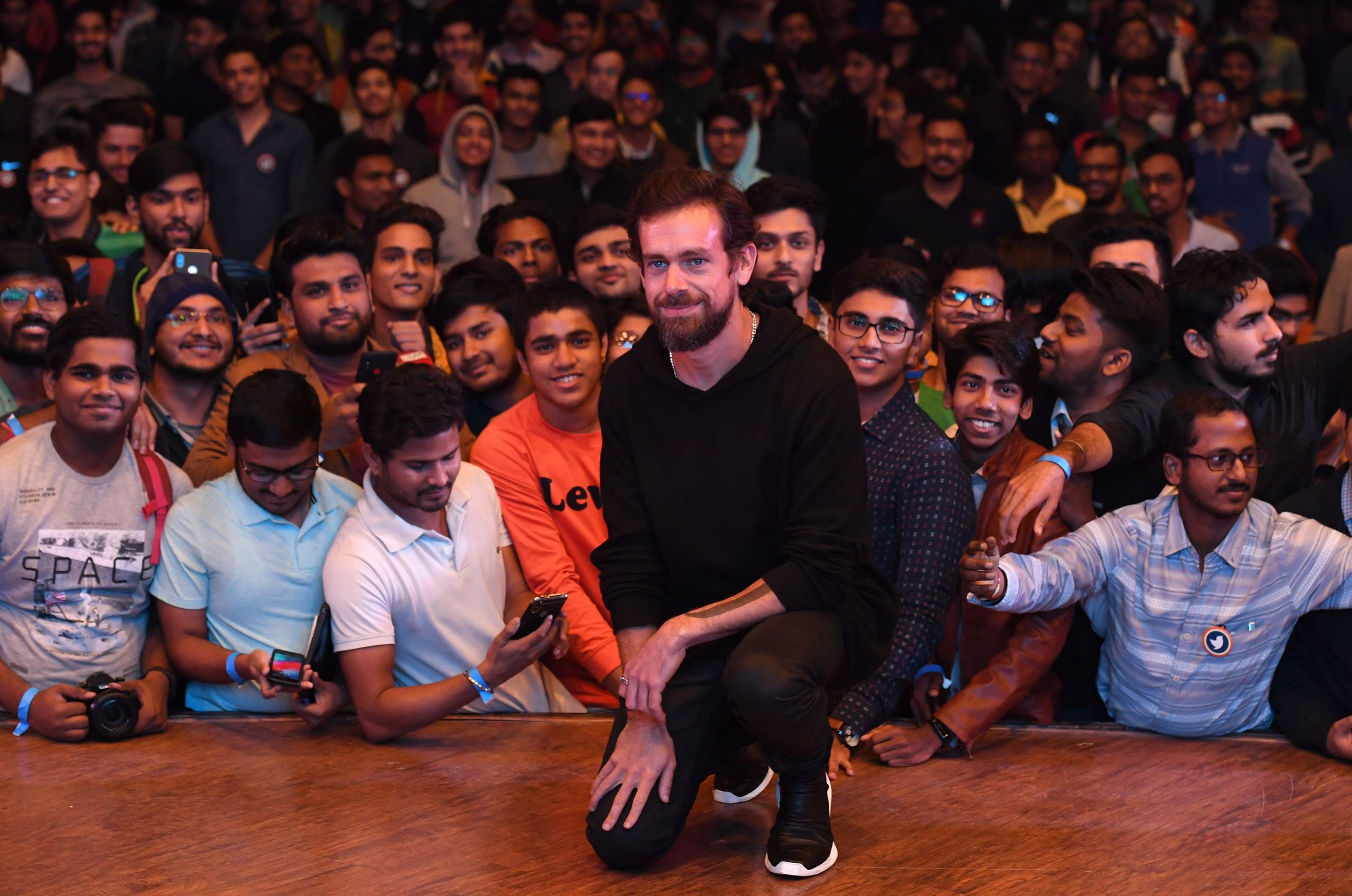American voters will decide if the PRC wins.
Make News Great Again?
Ben Collins, NBC News reporter on the dystopia beat, has a gloomy prediction to make about the coming years. The online rule of the algorithms, he writes,
“is going to dramatically shape politics in ways that were previously unheard of, and it will not be a party-line phenomenon. It will divide the electorate into groups who rely on empirical data and information from accountable news organizations, and skeptics of all stripes who have fallen down algorithmic rabbit holes based on inflammatory language and feel-good conjecture.”
Collins casts his vision in the now-familiar terms of an attack on social media. The ubiquitous platforms have become the main focus of anti-tech sentiment for making people psychologically delusional and politically extremist—anti-democratic, it would seem.
For people looking to mock or revile online #fullcommunists or nu-Nazis, this critique has its potency. But a different point of perspective offers a more challenging view. On closer inspection, social media is much less of a disruptor than it seems. In essence, it’s just the democratic principle applied to broadcast media. If you like broadcast and you like democracy, you ought to love social media. The fact that people delight in refusing to follow the scripts handed down from the ruling communications class may inspire rage and confusion within that class, but their desired solution is simply to more effectively broadcast the right visions to the masses.
Unfortunately for the comms elite, that ship has already sailed. The way to understand exactly what happened is to recognize that social media isn’t the paragon of digital change most critics think. The real embodiment of the technological revolution is social credit—a system that fundamentally rejects both broadcast and democracy as foundations for social order. Even a social credit regime driven much more by markets than by the state points toward a broad rejection of the old notion that citizens should spend lots of time attending the secular church of the 24/7 news cycle. The rise of technology that sharply divides the real and actual from the made-up and the hyped is bad news for the ruling comms elite that wants to make its every utterance a must-watch, must-listen event—and to rake in big money for their trouble.
This view of things sheds some unusual light on why Trump-like attacks on the media make such an impact. Already the public sense is deepening that what’s sold as the news won’t save us—and that if technology is increasingly merciless in marking off facts from fiction, at least it’s not running a royal scam.
Not that any of this answers the deeper question of how to avoid a new birth of servitude under the rule of those power-hungry algorithms—and the people who want to control them.
The American Mind presents a range of perspectives. Views are writers’ own and do not necessarily represent those of The Claremont Institute.
The American Mind is a publication of the Claremont Institute, a non-profit 501(c)(3) organization, dedicated to restoring the principles of the American Founding to their rightful, preeminent authority in our national life. Interested in supporting our work? Gifts to the Claremont Institute are tax-deductible.
The Biden administration has adopted a posture of compliance and appeasement toward Beijing.
Post-mortem of a failed hit.
When we come at Silicon Valley’s kings, we best not miss again.
If Trump is going down, he should take the swamp monsters down with him.
Biden’s digital lackeys threaten to turn out the lights on our republic.






